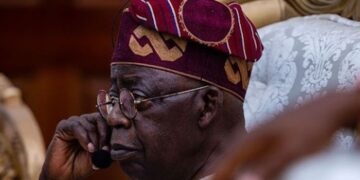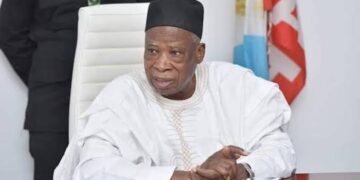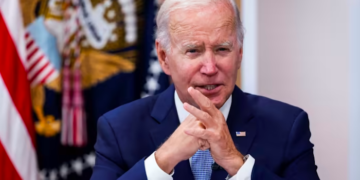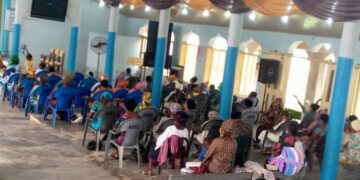After the government took over or restructured the five Nigerian Electricity Distribution Companies (DisCos) on Sunday, the DisCos issued a statement saying that it was a “backdoor renationalization” of the power companies.
When the 11 Discos were privatized in November 2013, they claimed that BPE shortchanged investors, while the government had failed to pay the N100 billion power subsidy since the sector was privatized.
In a joint statement with the Nigerian Electricity Regulatory Commission, the Association of Nigerian Electricity Distributors (ANED) voiced its displeasure with BPE’s July 5, 2022 announcement of the reorganization of the five power companies.
The Federal Government stated through BPE that Fidelity Bank Plc would take over the boards of the three distribution firms in Kano, Benin, and Kaduna, Nigeria, after the bank commenced action to do so.
NERC gave the bureau permission to select an interim managing director for Ibadan Disco following the Asset Management Corporation of Nigeria’s acquisition of the struggling power company.
Restructuring of Port Harcourt Disco’s management and board was also highlighted in the government’s restructuring notice as a way to avoid the utility’s impending bankruptcy. NERC Executive Chairman Sanusi Garba and Director-General, BPE Alex Okoh signed the notice.
Sunday Oduntan, the ANED’s Executive Director of Research and Advocacy, stated on Sunday that the association views the restructuring as being contradictory with all of the standards essential to comply with private-sector privatization agreements and the rule of law.
the Federal Government’s expropriation or “backdoor renationalization” of the Discos is reasonable, ANED claimed, in an Abuja press release.
Renationalization or expropriation must be seen in a historical perspective to properly comprehend the performance issues that the Discos have encountered since privatization,” it said.
From the beginning, the privatization process was defective due to conditions that the Federal Government did not satisfy, while requiring the Discos to meet their performance responsibilities.
Furthermore, the government promised and failed to deliver on debt-free financial books, payment of ministries, departments and agencies electricity debts and N100bn subsidy, in addition to shortchanging investors due to incomplete and unreliable data provided by BPE during the privatization process.
The failure of the government to impose a cost-reflective power pricing was highlighted, as was the fact that the Discos’ financial accounts had accumulated enormous debt and liabilities as a result of the Discos’ ongoing sale of electricity below its cost price.
It also indicated that the government’s private management of Nigeria’s Transmission Company, which is today a government-owned and run company, had failed.
For the Nigerian Electricity Supply Industry’s transmission bottleneck, it is imperative that TCN be privatized in order to bring in the private investment it needs.
In the post-privatization period, these pledges remained mostly unmet and were only partially addressed – too late to correct present performance difficulties, according to the organization.
Though Discos are not exonerated from accountability, it would be unrealistic to draw judgments about their performance shortcomings without taking into account the issues that have been stated above, and the Federal Government’s contributions to these challenges.”
“Furthermore, there is a well-established process through which the board of directors and management of a corporate organization are changed. As a result, the investors in the five Discos were taken aback when they learned of the renationalization or expropriation of those firms on July 5, 2022.
Discos’ board members maintained that the Federal Government, as a 40% minority shareholder, had a seat on the board and had a say in all matters about the Discos’ operations, although not having a vote.
Investors in Disco were the ones that bore the brunt of a misalignment in NESI, according to the report, because of a misunderstanding about risk, technology, and business.
Asked by the Discos about the N100bn electricity subsidy, the Federal Government refused to respond.
Since NERC and BPE approved the takeover and restructuring of the five Discos, a senior official in the Federal Ministry of Power said the government couldn’t talk on the matter and recommended contacting NERC instead.
However, when reached by our journalist on Sunday, the NERC did not react to any questions.
There was a wide range of opinions from industry experts about the government’s plan to take over or restructure the power companies.
Nigeria Consumer Protection Network President Kunle Olubiyo, a member of the National Technical Investigation Panel on Power System Collapses (June 2013), said the government should be applauded.





























